Articles & Insights
On this page, we publish in-depth articles about holding companies, international tax planning, and moving your business to low-tax jurisdictions like Cyprus, Malta, and Dubai
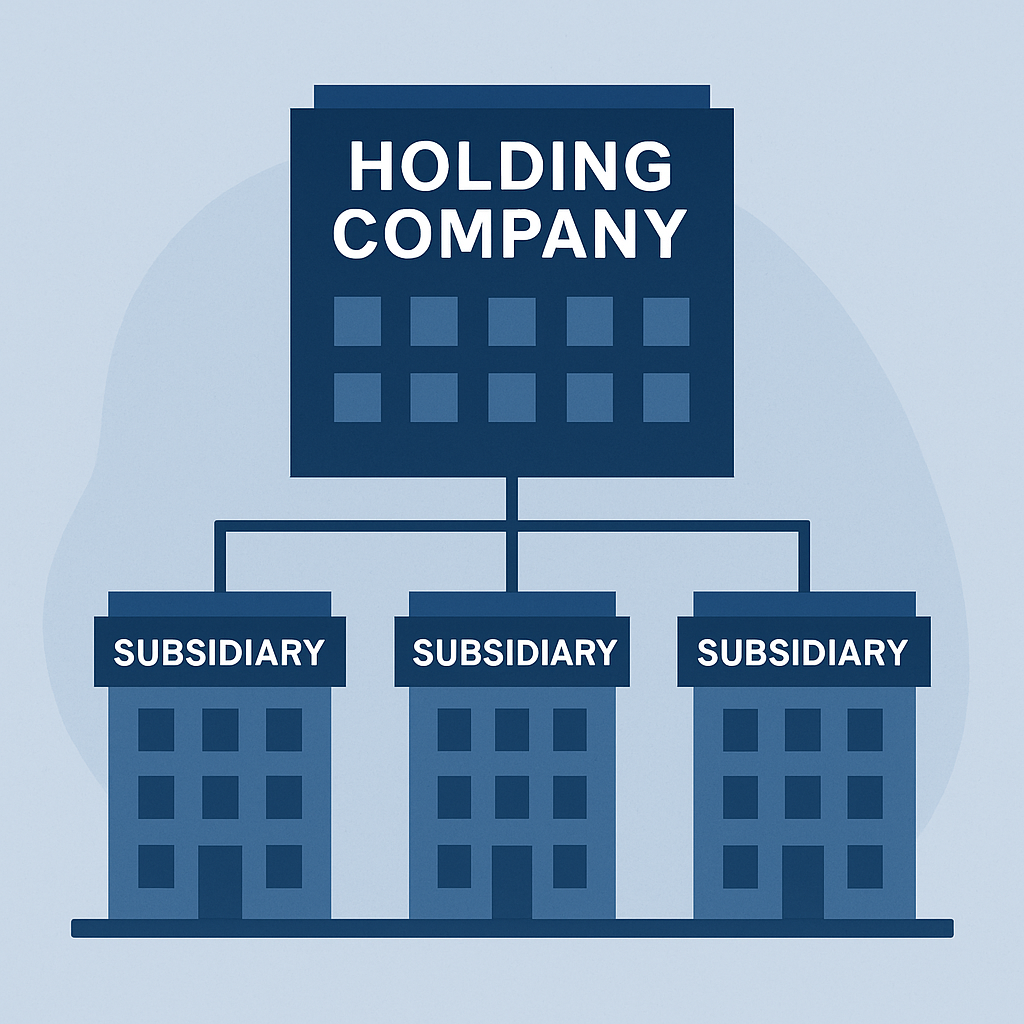
Why entrepreneurs use holding companies
Discover how a holding company can reduce your taxes, protect your assets, and prepare your business for future growth.

Cyprus tax system: Everything you need to know
Discover why Cyprus is the top EU country for low corporate tax, zero dividend tax, and investor-friendly laws. Learn how to benefit today.
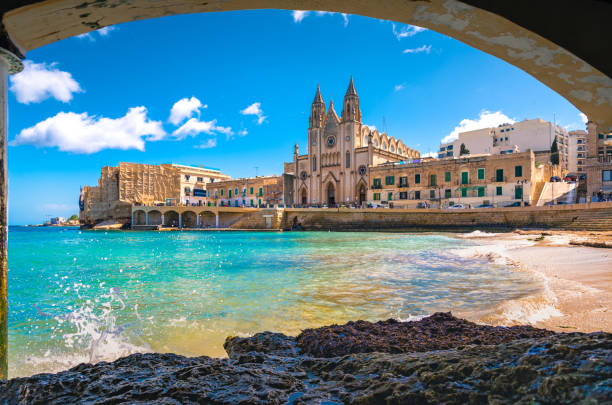
Malta Corporate Tax System: Everything You Need to Know
Discover how Malta’s corporate tax system works. Learn about the 35% rate, refund mechanism, and why companies achieve an effective 5% tax.

Dubai Corporate Tax System: Everything You Need to Know
Learn how Dubai’s tax system works. Discover 0% personal tax, 0–9% corporate tax, and why free zone companies remain tax-free.

Tax Planning for Startups: A Complete Guide
Learn smart tax planning strategies for startups. Discover how to cut costs, choose the right structure, and scale your business globally.
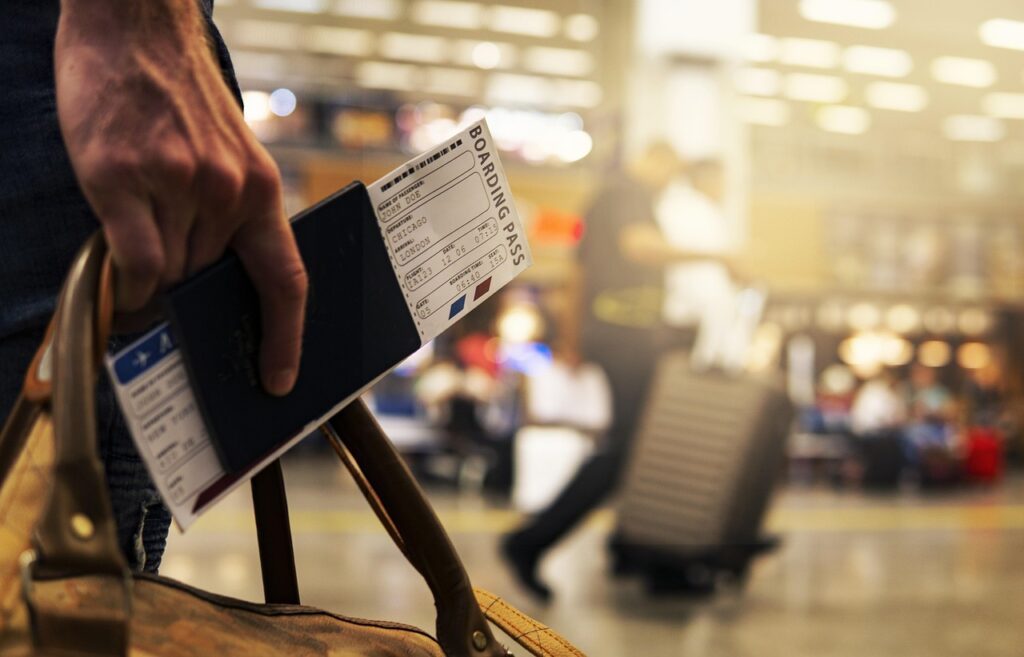
Residency Explained: A Complete Guide for Entrepreneurs and Expats
Learn what residency means, how it affects your taxes, and why Cyprus and Dubai are top choices for entrepreneurs and expats.
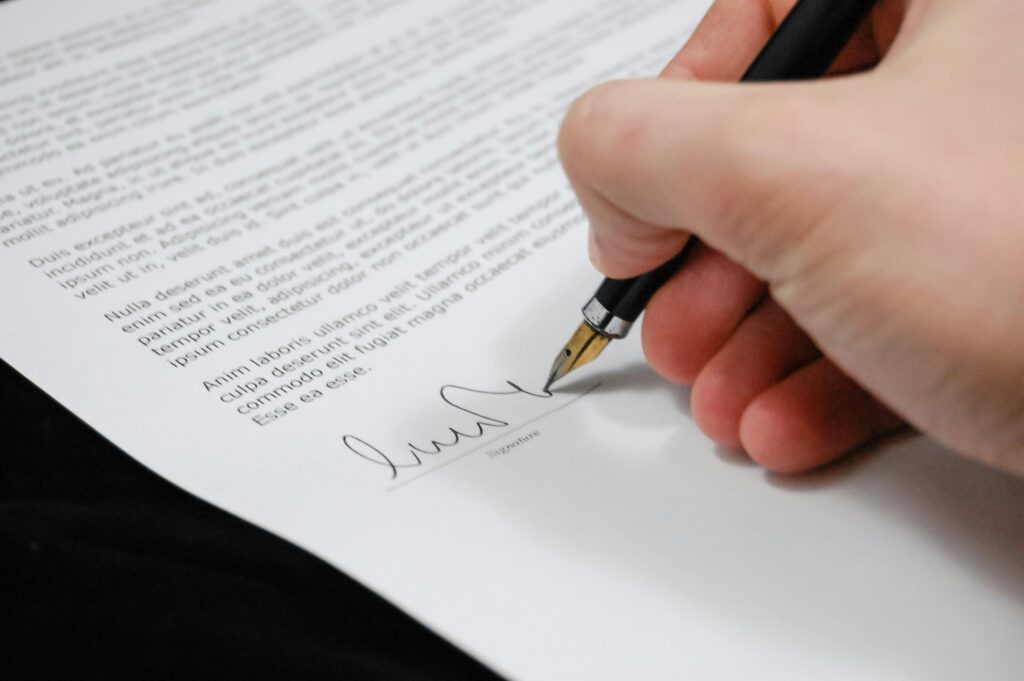
Everything You Need to Know About Double Tax Treaties
Learn how double tax treaties work, avoid double taxation on dividends and income, and discover why they matter for entrepreneurs and investors.

The Complete Guide to Offshore Companies
Learn what offshore companies are, their tax benefits, and the best jurisdictions like Cyprus, Malta, and Dubai for entrepreneurs and investors.

Why More Entrepreneurs Are Leaving High-Tax Countries
Discover why entrepreneurs are relocating from high-tax countries. Learn about tax-friendly destinations like Cyprus, Malta, and Dubai.
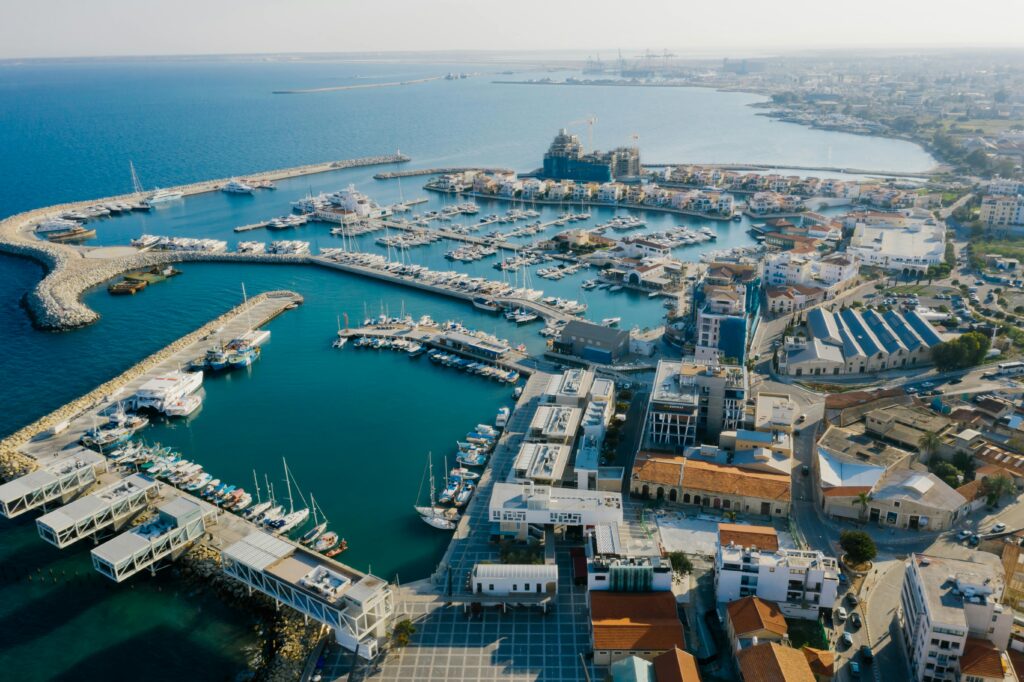
Why Cyprus Is the Best Place for Entrepreneurs to Become Tax Residents
Discover why Cyprus is the best tax residency option for entrepreneurs. Learn how the 60-day rule works compared to the 183-day rule in other countries.
